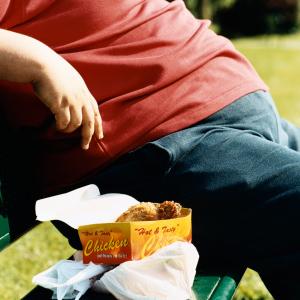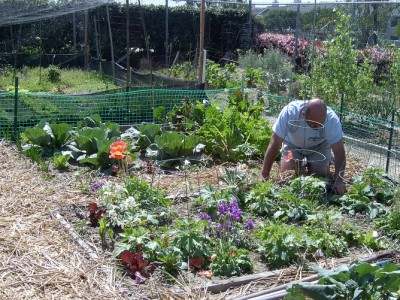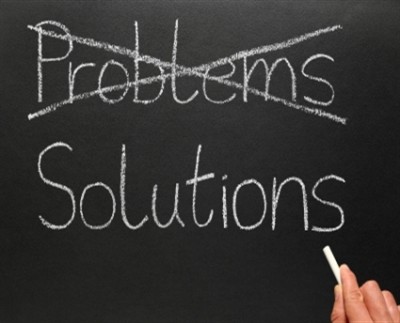How to Fight Your Food Addiction

Food addiction is very similar to smoking, excessive craving for shopping and a plenty of other modern world addictions.
At first glance, the dependence on food seems rather strange thing because people seek food as their only opportunity to survive in this world. But despite the fact that the food gives us survival, our brain tells us to minimal food consumption in order to avoid future risks.
Food is fun, and this is a clear description of the survival instinct. Like other substances that affect the pleasure centers that are located in the brain, food is capable of exerting undue influence on the data centers. This creates a level of motivation to consume food in excess.
As shown by recent studies, excessive intake of certain foods can cause pathological addiction. Among the investigated products including sugar, salt, flour and some more fatty food often becomes the subject of addiction. In itself, the misuse of these products can create the conditions for the transition from normal food habits to pathological addiction, comparable to drug. Over the last few decades, there has been a rapid increase in the consumption of these products, which gives an indication of the increasing incidence of food addiction.
Normally, when you try to limit your intake of food such people become irritable, aggressive or fall into depression. That is why such people continue to eat, although an increased amount of food can contribute to the onset of an increasing number of diseases: obesity, hypertension, diabetes, etc.
The typical signs of a food addiction are: lack of satiety, meal at a fast pace, psychological dependence on food or frequent bouts of night hunger.
Instructions
-
1
Try to consume more of your time while doing your favorite hobby. In case you don’t have any hobby, you should plant flowers at home because plants give positive emotions inherent to those who treat them.
- Image Courtesy: theconversation.edu.au

-
2
The best way to track your eating habits is to write in the notebook what you have eaten and why, preferably before the meal.
- Image Courtesy: webmd.com

-
3
Effective strategy for reducing the impact of stress can help you in the treatment of pathological addiction to food. Regular exercise is an important part of treatment, as they not only minimize stress but also help to reduce weight and increase self-control over food intake.
- Image Courtesy: abetescare.net

-
4
Communicate with people with whom you share a common problem. This will be a big help in overcoming addiction because discussing the problem with your family and friends will actually help you to find a way out of this problem.
- Image Courtesy: healthylifestyleplus.com








